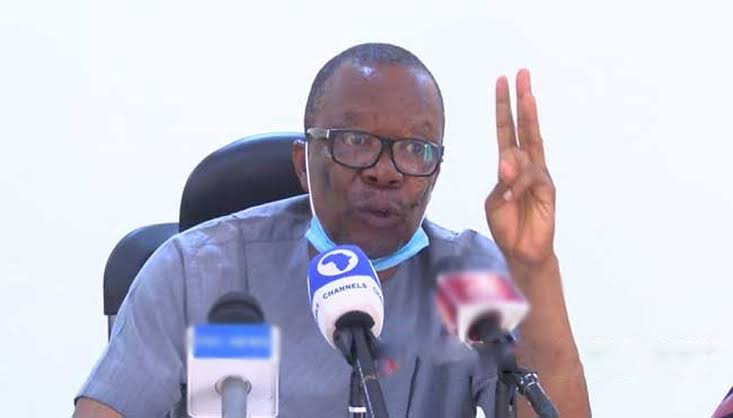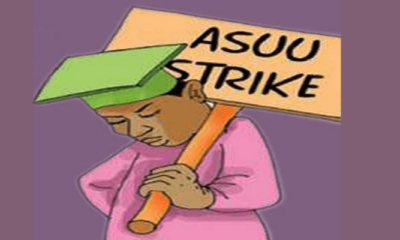The apex union that oversees university education in Nigeria, the Academic Staff Union of Universities (ASUU), has predicted that in the next two years, over 50 per cent of students will be forced to drop out of school due to the proposed hike in fees by the government.
President of the Union, Prof. Emmanuel Osodeke, who gave the warning in an interview on Sunday, said “in the next two to three years if the federal government fails to stop the arbitrary increment in school fees by the universities, 40 to 50 per cent of students will leave school.”
Prof Osodeke, who gave the warning while speaking on the current situation in the education sector in Nigeria, also accused universities of “arbitrarily increasing school fees,” lamented that instead of the Nigerian government attracting more students to school by its education policies, it was pushing students out of schools with unfavourable policies.
“Today, universities are arbitrarily increasing school fees. Is that correct in an environment today where the minimum wage is N30,000 per month when you have to pay rent, pay heavily for transportation and you are enforcing it on the students?” Osodeke queried.
“If nothing is done about these heavy fees being introduced by schools all over the country, in the next two or three years, more than 40 to 50 per cent of these children who are in school today will drop out,” he said.
He also warned that if nothing was done, the country would be in trouble when its large youth population were out of school.
“When they drop out, they will become a big feed for recruitment for those who want this country to be ungovernable.
“This is what we are saying, create the environment we had in the 60s and 70s. When I was a student, the government was paying me for being a student. Let’s have an environment where the children of the poor can have access to education.
“School fees of N300,000, how can the children of someone who earns N50,000 a month be able to pay such a fee?”
He called on the government to increase budgetary allocation to education to at least 15 per cent of the total budget sum, arguing that the 3.8 per cent allocated to education in the last budget was nothing to write home about.
“With an increase in budget allocation to education, parents would be relieved of the burden of paying high fees for their children,” Osodeke added.

 Sports2 days ago
Sports2 days ago
 Metro2 days ago
Metro2 days ago
 Metro1 day ago
Metro1 day ago
 Culture2 days ago
Culture2 days ago

































